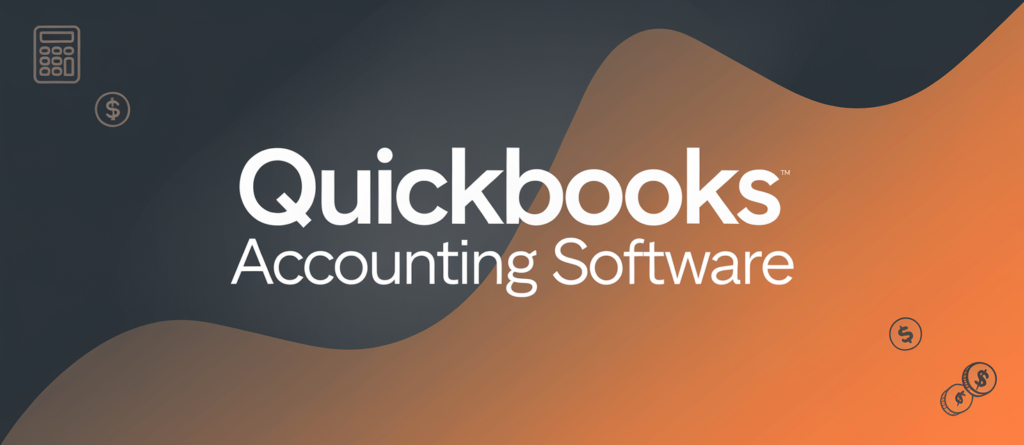
QuickBooks has been a dominant player in the accounting software space for many years now by providing a diversified set of products aimed solely at the small-scale ventures. Starting from its initial phase through to establishment phase, QuickBooks offers that assistance by way of making it simple to take care of bookkeeping, invoicing, payroll, and tax preparation.
In this article, we’ll look into different reasons why QuickBooks is the best bet for small businesses, discuss its main functions, as well as the different pricing options, and then compare them to the alternatives.
This extensive book will aid you in the decision-making process and enable you to choose which QuickBooks product is most appropriate for your requirements.
QuickBooks provides a toolkit of features-designed to ease financial management for small businesses. The following are some of the major features that distinguish it:
– Ease of Use: QuickBooks is a user-friendly application and most people can use it without an accounting background. Its natural interface reduces the complexity of the financial tasks.
– Automation: The software automates tasks such as invoicing, expense tracking, and financial reporting, hence freeing up time and reducing errors.
– Scalability: If you are a freelancer or are managing a developing business, QuickBooks has plans that can adapt to your requirements.
– Cloud-Based Access: One of the best features of QuickBooks Online is that it gives you the ability to access it from any place and with any device.
– Integration: This software works perfectly with more than 200 apps including the payment gateways and CRM tools.
There are myriad QuickBooks variants that organizations employ in their operations, targeting different businesses with distinctive needs. Here is a quick synopsis of the best ones that are most often used:
| Version | Key Features | Pricing (Monthly) |
| QuickBooks Online | Invoicing, expense tracking, reporting, multi-device access | $30–$200 |
| QuickBooks Desktop | Robust reporting tools, inventory management | $349/year |
| QuickBooks Self-Employed | Income/expense tracking, tax estimation | $15 |
| QuickBooks Online Advanced | Advanced reporting, custom workflows | $200 |
QuickBooks Online is by far the most adaptable choice for small businesses. It is provided with facilities such as invoicing, expense tracking, and financial reporting. The cloud base enables the consul to access data on multiple devices.
This option is a great choice for organizations or businesses that need advanced accounting features; just the ones like job costing, and inventory management. On the other hand, it does not support the nice cloud flexibility.
This edition is custom-designed for freelancers and gig workers, whereby it emphasizes on the basic income and expense tracking and makes the process of preparing taxes easily understandable.
Designed for larger small businesses and those that have complex needs, this course of action presents them with more advanced features such as custom workflows and detailed analytics.
Via QuickBooks, one can now easily create professional invoices and keep a check on the payments done:
– Customizable invoice templates
– Automated reminders for the overdue payments
– Integration with an online payment gateway
Track spending efficiently via:
– The mobile app for capturing receipts
– Automatic assignment of the expenditure to a category by the app
– The list of the detailed expense reports generated
Look into your business performance through:
– Profit and loss records
– Cash flow accounts
– Balance sheets
Uncover the best QuickBooks accounting software for small businesses. Optimize your financial management with our comprehensive reviews and recommendations.
Auto-fill tax information enables:
– The calculations can be automated
– Quarterly tax estimates
– Integration with tax software
If businesses employ workers in their organizations, the QuickBooks payroll modules offer amazing advantages:
– Automated payroll processing
– Tax filing
– Direct deposit alternatives
QuickBooks is the number one choice for most, but there are a plethora of other accounting software out there that can be better for particular needs or budgets. Here’s a comparison:
| Feature | QuickBooks | Xero |
| Ease of Use | High | High |
| Pricing | $15–$200/month | $13–$70/month |
| Mobile App Functionality | Excellent | Good |
| Automation | Advanced | Moderate |
| Scalability | High | High |
The best choice for you depends on the need and your business scale :
– Freelancers: QuickBooks Self-Employed
– Small teams: QuickBooks Online Essentials or Plus
– Growing businesses: QuickBooks Online Advanced
Yeah! On what device you use QuickBooks Online, smartphones, tablets, and computers.
Absolutely. QuickBooks uses 180-bit to 256-bit encryption, according to the program. Financial data is under protection with this
Yes! It works together with more than 200 applications such as PayPal, Shopify, and Square.
The prices available are between $15 per month and $200 per month, respectively, for freelancer and advanced business plans.
It is, therefore, prudent for QuickBooks, with its unfussy-yet-strong features, and being a software that most small business and freelancer can afford, to keep its position as one of the best.
Discover thesaasifyhub.com, where we specialize in reviewing essential SaaS products like GetResponse and FreshBooks. Our mission is to assist you in finding the best digital tools to streamline your operations and drive growth. Let’s explore together!
Welcome to thesaasifyhub.com – where SaaS meets simplicity. Our journey began with a simple mission: to make the world of SaaS accessible, understandable, and beneficial to everyone. We dive into products like GetResponse, QuickBooks, FreshBooks, CuraDebt, and AppSumo, cutting through the noise to deliver honest, insightful reviews.
© 2024 TheSaasifyhub, All right reserved.